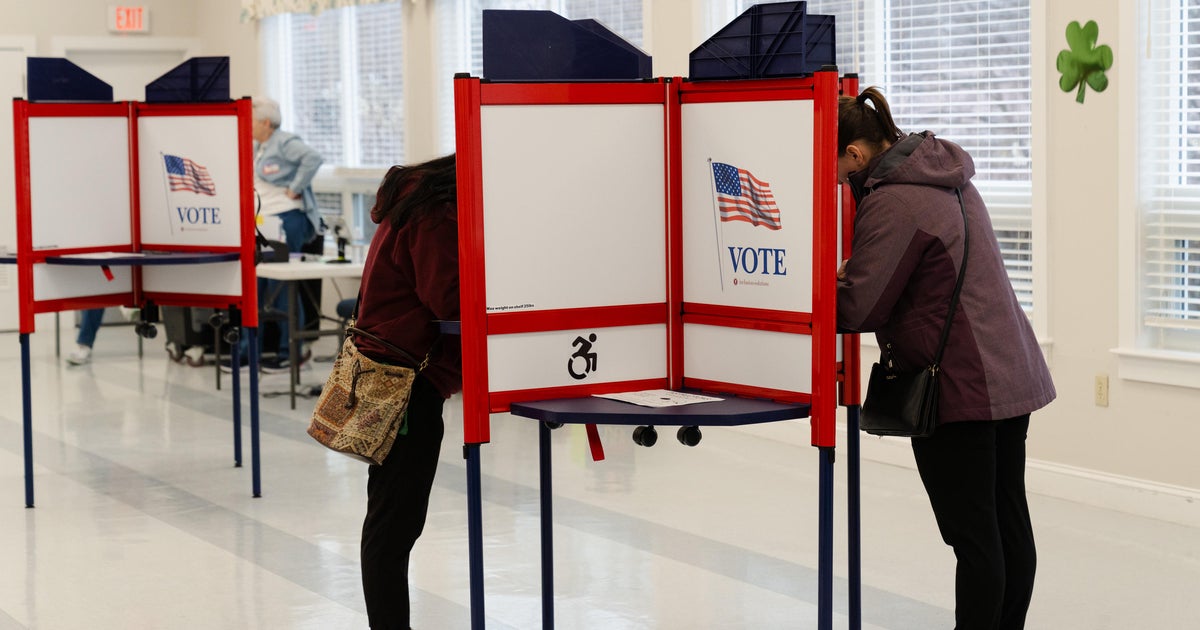The shattering of an all-American town
Lancaster, Ohio, may not be a household name, but chances are every American has touched a glass or baking pan made by its Anchor-Hocking glassware factory.
The factory town was once the type of thriving Midwestern city that buoyed the nation’s economy after World War II. In 1947, Forbes dedicated a front-page piece on Lancaster, proclaiming, “This is America.”
Anchor-Hocking promised fulfilling careers for residents with only high school degrees, while its executives’ children attended local public schools with the kids of factory workers. It was the kind of world that President Donald Trump vowed to revive with his “Make America Great Again” campaign promises.
Today, Lancaster is struggling with a surge in poverty and drug addiction. While an Anchor-Hocking job once provided solid pay and a pension, that isn’t the case today, wrote author Brian Alexander in his recent book “Glass House.” Alexander, who revisited his hometown to investigate Anchor-Hocking’s decline, found starting wages are now $12 compared with a typical hourly rate of $21 in the 1980s, before corporate mergers and Wall Street private-equity firms got involved. The retirement plan? Long gone.
“I had been following events in the town casually because I knew things weren’t going well, and I still have sentimental attachments to the town,” Alexander told CBS MoneyWatch. As he dug into the history of Anchor-Hocking and spent time with workers, he said, “it became ever more clear what was happening, and these links between social and civic dysfunction and economics.”
While Mr. Trump has pointed to cheap labor in China and other countries as a major cause behind America’s slumping manufacturing fortunes, that wasn’t the case with Lancaster. Instead, the town was hurt by something much closer to home: Wall Street and what Alexander calls “the 1 percent economy.”
The questions posed by “Glass House” have implications that reach far beyond the manufacturing sector. Like “Hillbilly Elegy,” the best-selling book by J.D. Vance, “Glass House” offers insights into how economic trends are tied to the financial and health problems plaguing many middle- and low-income Americans.
Alexander ties Lancaster’s decline to the popularity of the “Friedman doctrine,” the theory espoused by economist Milton Friedman that corporations have only one responsibility: making profits. If the 1 percent economy is based on the pure pursuit of profits, Alexander asks, how does that affect the fabric of American communities that were founded on a more paternalistic type of capitalism?
In Lancaster’s case, the answer isn’t pretty. Like other cities, its residents are struggling with lower pay, a reduction in benefits and rising drug usage. Economists and public health experts are increasingly pointing to the tie between economic despair and drug addiction. Just last month, the County Health Rankings found the U.S. suburbs now have the highest rate of premature deaths from drug overdoses.
Notably, two of the Wall Street executives linked to Anchor-Hocking’s travails currently serve as economic advisers to Mr. Trump, financier Carl Icahn and Stephen Feinberg, a co-founder of private-equity firm Cerberus Capital Management.
Glass, it turns out, is relatively resistant to foreign imports because it’s heavy and breakable, so it’s still largely economical to manufacture glassware in the U.S. and ship it domestically. From the get-go, Lancaster had an edge other American manufacturers lacked.
So what happened? First, Icahn made a run at Anchor-Hocking in the early 1980s, and the panicked company gave into “greenmail,” paying him a profit of $3 million to walk away. In Alexander’s view, this put Anchor-Hocking into play, leading to a disastrous acquisition by Newell, which weakened Anchor-Hocking.
Next came the private-equity firms, Cerberus Capital Management and Monomoy Capital Partners. While Lancaster residents had high hopes that each new ownership would provide investment and a revival of Anchor-Hocking’s fortunes, Alexander noted private-equity firms operate to provide returns to their investors. Creating the type of civic bonds that once tied together the factory’s management, workers and local residents wasn’t part of the firms’ agendas.
As former Anchor-Hocking CEO Sam Solomon told Alexander: “It’s not about making product. It’s about making money appear, and the 99 percent don’t understand that.”
In other words, the capitalism Lancaster residents grew up with had long disappeared, replaced by a system that rewards financial engineering. Meanwhile, one out of five Lancaster residents are now living in poverty, double the share in 1999.
“You have tendency to say they were naive, but we are all raised that way. But that’s not the way it works for the private-equity firms,” said Alexander. “They would say they save jobs, but the book argues something quite different. Often they use the companies as machines to print money for them.”
Alexander said he has come to believe Americans should examine what they want from capitalism, not only in terms of financial benefits, but from the social and civic ties that can develop as a result.
He added, “We’re all told -- big city, small town -- that the system works in a particular way, but there is a whole group of operators who don’t operate that way.”



